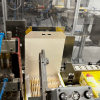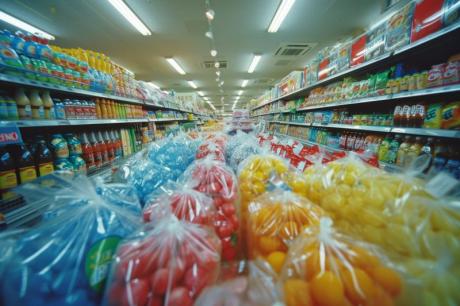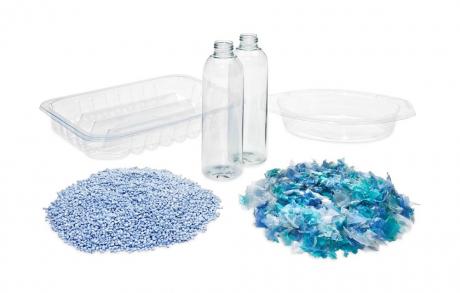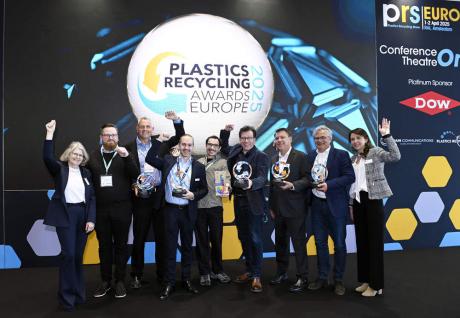Following an agreement with Acciaierie d'Italia, the Iren Group will supply the Taranto plant with 50,000 tons per year of Bluair, an innovative technopolymer derived from the mechanical processing of plastic waste, such as food packaging, which can partially replace coal dust in blast furnaces.
The agreement includes plant design and start-up support, as well as research and development of sustainable industrial solutions for the conversion of part of the production from full-cycle to electric arc furnaces.
Luca Dal Fabbro, President of Iren, commented:
Bluair is a virtuous example of innovation applied to the circular economy. It is a win-win model that adds value to waste that would otherwise go to landfill and makes production chains that are fundamental to the country's economy more sustainable. Our industrial plan up to 2030 foresees strong growth in companies dedicated to the circular economy, and Bluair's technology is one of our most innovative assets, allowing us to position ourselves among the Italian leaders in the energy transition.
Thanks to these plants, plastics that cannot be recycled are converted into polymer, a patented circular raw material that can replace coal in the steel industry.
The use of Bluair as a substitute for coal and its derivatives can: facilitate the decarbonisation of the steel industry and reduce dependence on coal imports; increase the recycling of plastic packaging waste with savings on the European plastic tax that Italy has to pay to the EU on non-recycled quantities (equivalent to around 800 euros per tonne); reduce CO2 emissions by allowing savings on environmental offset certificates.
Thanks to its many advantages in terms of recycling, the synergy between Iren and I.Blu, the company that patented the polymer, has become increasingly close, until Iren Ambiente acquired 80% of I.Blu from Idealservice - a company active in environmental and building management services - which retains a minority shareholding of 20%.









